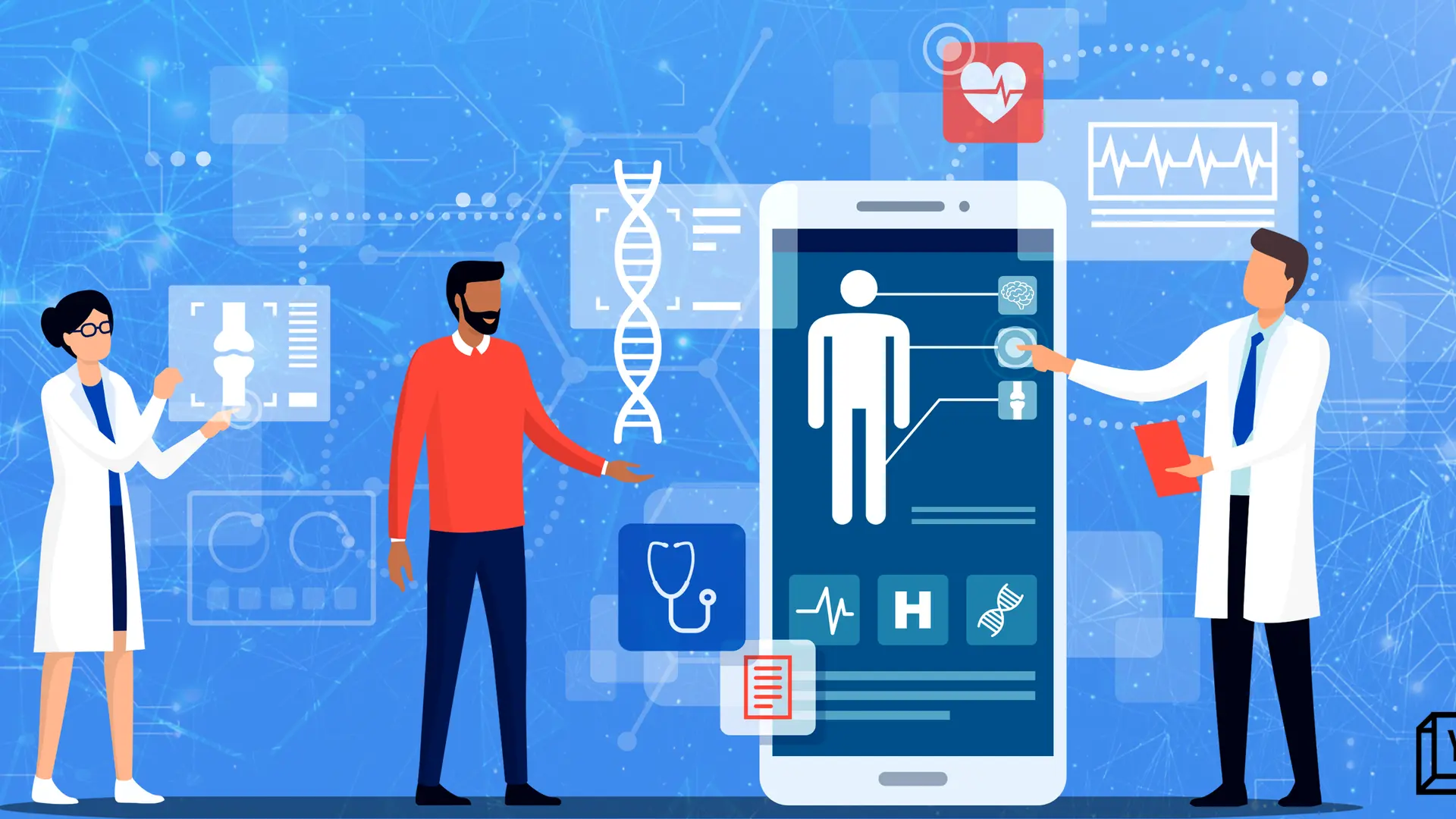Navigating through a sea of health-related misinformation
It’s essential for individuals to develop critical thinking skills that enable them to distinguish between credible information and misleading claims.
Imagine you're setting sail on a vast ocean. This ocean isn't filled with water but with waves of information. Some waves bring helpful guidance, nurturing health and well-being, while others hide dangerous currents of misinformation that can pull the unwary sailor off course. In today’s digital age, over 70% of people embark on this virtual sea sometime or the other, searching online for health-related information.
They hope to either manage a condition themselves or share helpful tips with others. But without the right navigational tools, this well-intentioned search can lead into perilous waters where misinformation abounds, sometimes with severe or even fatal consequences.
The flood of misinformation is propelled by several factors. First, the democratisation of information in the digital age has removed traditional gatekeepers, allowing anyone, regardless of their medical expertise, to share their views. This freedom is a double-edged sword, for while it increases the diversity of available information, it also allows for the rapid spread of inaccuracies.
Second, the profit motive often trumps the pursuit of accuracy, with sensationalist superficial content designed to attract clicks rather than truly inform and educate. Third, the online environment suffers from a significant lack of regulation, letting misinformation spread unchecked with little negative consequences across social platforms. Studies indicate that misleading health news is 70% more likely to be shared than truthful information.
Consider the tale of Belle Gibson, a wellness blogger who captivated thousands with her story of curing terminal cancer through diet and lifestyle alone. Her narrative, filled with hope and a seemingly miraculous recovery, was later revealed to be a complete fabrication. This case vividly illustrates the potential dangers of unverified health claims that can mislead thousands, often with dire consequences.
Navigational challenges are profoundly local
As we navigate these waters, it’s crucial to recognise that health is profoundly local in nature. What works in one cultural or environmental context may not translate effectively to another.
Dietary advice beneficial in East Asia, where diets are rich in fish and vegetables, might not be suitable for people in regions with different dietary traditions or genetic backgrounds. Local knowledge, practices and resources, therefore, play a crucial role in the effectiveness of health solutions, making it important to seek out region-specific information from qualified local health experts.
Challenges also arise when health information crosses language barriers. When details are translated or interpreted by non-native speakers, critical nuances can be lost, leading to misinterpretation and potential harm. For instance, medical dosage instructions misunderstood due to language differences can lead to underdosing or overdosing, with potentially harmful consequences.
Ensuring health information is ideally available in local languages or accurately translated into the native languages of diverse populations is therefore essential.
Product marketing is content marketing
A recent trend around the content marketing of "health drinks" exemplifies another aspect of misinformation. These products are often promoted with vague claims like "boosts immunity" or "enhances energy," which can mislead consumers about their current health status and actual benefits. This situation is particularly concerning given the lack of stringent regulations governing these claims.
Another recent example involves a legal battle concerning misleading health claims by a well-known Ayurvedic company. This company faced legal action for advertisements that disparaged allopathic medicines and falsely claimed their products could cure certain diseases. This case illustrates how misinformation can be propagated through marketing and advertising, complicating public understanding of health issues.
Navigational tools for this unruly sea
Technological advances offer new tools to combat health misinformation. Artificial intelligence, for example, can help by flagging known false information and providing users with warnings about the credibility of their sources. Social media platforms are beginning to use these tools more frequently, although the battle against misinformation requires continual refinement of these technologies.
Navigating this vast sea of information also demands vigilance. Medical professionals and trusted health authorities act as lighthouses, providing safe guidance through their expertise. It’s also essential for individuals to develop critical thinking skills that enable them to distinguish between credible information and misleading claims. Governments and regulatory bodies must play their part by ensuring that influencers, content contributors and marketeers provide clear, scientifically backed information.
As we sail through the digital expanse, let's strive to be discerning navigators, equipped with the tools of skepticism and guided by the stars of scientific evidence and expert advice. By doing so, we contribute to a healthier, more informed society, ensuring that our journey through the ocean of online information is both safe and enlightening.
Edited by Affirunisa Kankudti
(Disclaimer: The views and opinions expressed in this article are those of the author and do not necessarily reflect the views of YourStory.)







